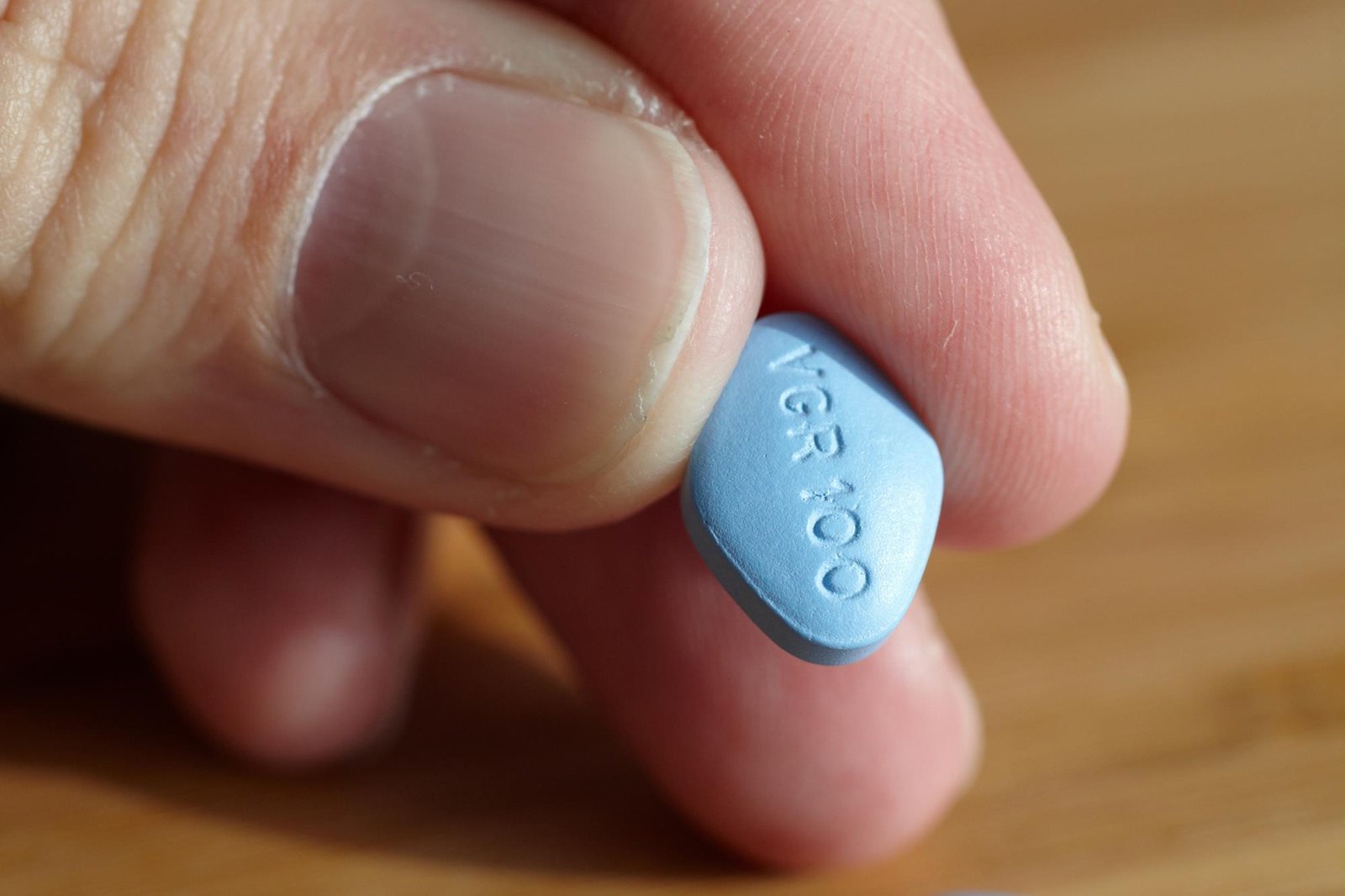Taking care of your health is important for everyone. For women, getting regular Well Woman Exams is a key part of staying healthy. These check-ups focus on women’s specific health needs and help catch problems early when they’re easier to treat. Let’s look at why these exams are so important for every woman.
What Is a Well-Woman Exam?
A well-woman exam is a yearly health check-up that focuses on women’s reproductive health and other health issues that affect women. This visit is different from going to the doctor when you’re sick. Instead, it’s about checking your health when you feel fine to make sure everything stays that way.
During this exam, your doctor will:
- Ask about your health history
- Do a physical check-up
- Perform screening tests based on your age and risk factors
- Answer your questions about your health
- Give advice about staying healthy
These exams change as you go through different stages of life, but they remain important at every age.
Early Detection of Serious Health Issues
One of the biggest benefits of well-woman exams is finding health problems early. Many serious women’s health issues don’t cause symptoms until they’re advanced. Regular check-ups can find these problems when they’re small and easier to treat.
For example, cervical cancer usually has no symptoms in its early stages. A simple test called a Pap smear can find cell changes before they turn into cancer. Finding and treating these changes early can prevent cancer from developing.
Breast cancer is another example. Clinical breast exams during your well-woman visit can find lumps that might need more testing. Finding breast cancer early leads to better treatment results.
Cancer Screenings Save Lives
Well-woman exams include important cancer screenings based on your age and risk factors. These screenings have saved many lives by finding cancer early when treatment works best.
These screenings might include:
- Pap smears for cervical cancer (usually starting at age 21)
- HPV tests to check for the virus that can cause cervical cancer
- Clinical breast exams to check for breast lumps
- Discussions about when to start mammograms
- Colon cancer screening recommendations (usually starting at age 45)
Your doctor will let you know which screenings you need based on your age, health history, and family history.
Reproductive Health Maintenance
Well-woman exams help maintain your reproductive health throughout your life. Your doctor checks your reproductive organs to make sure they’re healthy and working properly.
For younger women, these exams might focus on menstrual health, birth control options, and protection from sexually transmitted infections (STIs).
For women thinking about having children, the exam can include pre-pregnancy planning and fertility discussions.
For older women, the focus might shift to menopause symptoms and changes in reproductive health.
At every age, these exams help keep your reproductive system healthy.
Preventing and Treating Infections
Infections in the reproductive system are common but can cause serious problems if not treated. Some infections have no symptoms at first but can lead to bigger problems later.
During your well-woman exam, your doctor can test for infections like:
- Yeast infections
- Bacterial vaginosis
- Sexually transmitted infections
- Urinary tract infections
Finding and treating these infections early prevents them from causing more serious health problems.
Birth Control Counseling
If you don’t want to get pregnant right now, your well-woman exam is a good time to talk about birth control options. There are many different types of birth control, and what works best for one woman might not be right for another.
Your doctor can help you choose the best option based on:
- Your health needs
- Your lifestyle
- Your future pregnancy plans
- Possible side effects
- How well different methods work
Getting the right birth control for your needs helps prevent unplanned pregnancies and gives you control over your reproductive health.
Preconception and Pregnancy Planning
If you’re thinking about having a baby, a well-woman exam is the perfect time to start preparing. Getting your body ready for pregnancy before you conceive leads to healthier pregnancies and babies.
Your doctor might recommend:
- Starting prenatal vitamins with folic acid
- Getting up-to-date on vaccines
- Testing for infections that could affect pregnancy
- Managing any chronic health conditions
- Making healthy lifestyle changes
This preparation helps give your future baby the best possible start.
Menopause Management
As women get older and go through menopause, their health needs change. Well-woman exams help manage this transition and the years that follow.
Your doctor can help with:
- Managing hot flashes, night sweats, and other menopause symptoms
- Preventing bone loss that can lead to osteoporosis
- Maintaining sexual health during and after menopause
- Addressing sleep problems, mood changes, and other related issues
- Discussing hormone therapy options if appropriate
Getting regular exams during this time helps you stay comfortable and healthy through this natural life change.
Heart Health Assessment
Heart disease is the leading cause of death for women in the United States. Many people don’t realize that heart disease affects women as much as men, just often at older ages.
During your well-woman exam, your doctor checks important heart health factors like:
- Blood pressure
- Cholesterol levels
- Blood sugar levels
- Weight and body mass index (BMI)
- Family history of heart disease
These checks help catch early signs of heart problems. Your doctor can then help you make changes to lower your risk before serious problems develop.
Bone Health Monitoring
Women have a higher risk of osteoporosis (weak bones) than men, especially after menopause. Well-woman exams include checking your bone health and risk factors for bone loss.
Depending on your age and risk factors, your doctor might recommend:
- Calcium and vitamin D supplements
- Weight-bearing exercise
- Bone density testing
- Medications to prevent bone loss
Taking steps to keep your bones strong helps prevent broken bones and disability later in life.
Mental Health Check-Ins
Your mental health is just as important as your physical health. Women face unique mental health challenges related to hormonal changes, pregnancy, childbirth, and caregiving roles.
During your well-woman exam, your doctor might ask about:
- Your mood and stress levels
- Signs of depression or anxiety
- Sleep quality
- How you’re coping with life changes
- Relationship issues that affect your health
If needed, your doctor can suggest ways to improve your mental health or refer you to a specialist.
Building a Health Partnership
Seeing the same doctor for your well-woman exams helps build a relationship based on trust. This makes it easier to talk about sensitive health topics and ask questions you might be embarrassed about.
When your doctor knows your health history well, they can provide better care. They notice changes more easily and understand what’s normal for you. This ongoing relationship is valuable for your long-term health.
Health Education and Empowerment
An important part of well-woman exams is learning how to take care of your own health. Your doctor can teach you:
- How to do breast self-exams
- Warning signs to watch for
- How lifestyle choices affect your health
- Ways to reduce your risks for certain diseases
This knowledge helps you make better health decisions every day and take control of your wellbeing.
Personalized Health Advice
Every woman is different, with unique health needs and concerns. Well-woman exams provide personalized health advice based on your specific situation.
Your doctor considers your:
- Personal health history
- Family health history
- Age and life stage
- Lifestyle factors
- Personal health goals
This tailored approach is much more valuable than general health advice you might find online or in magazines.
Conclusion
Well-woman exams are essential for women’s health at every age. They help detect serious health issues early, provide important cancer screenings, maintain reproductive health, prevent and treat infections, provide birth control counseling, help with pregnancy planning, manage menopause, assess heart health, monitor bone health, check mental health, build a health partnership with your doctor, provide health education, and offer personalized health advice.
Making time for your yearly well-woman exam is one of the best things you can do for your health. This simple step helps you stay healthy now and for years to come. Don’t wait until something feels wrong – preventive care is the key to a long and healthy life.











